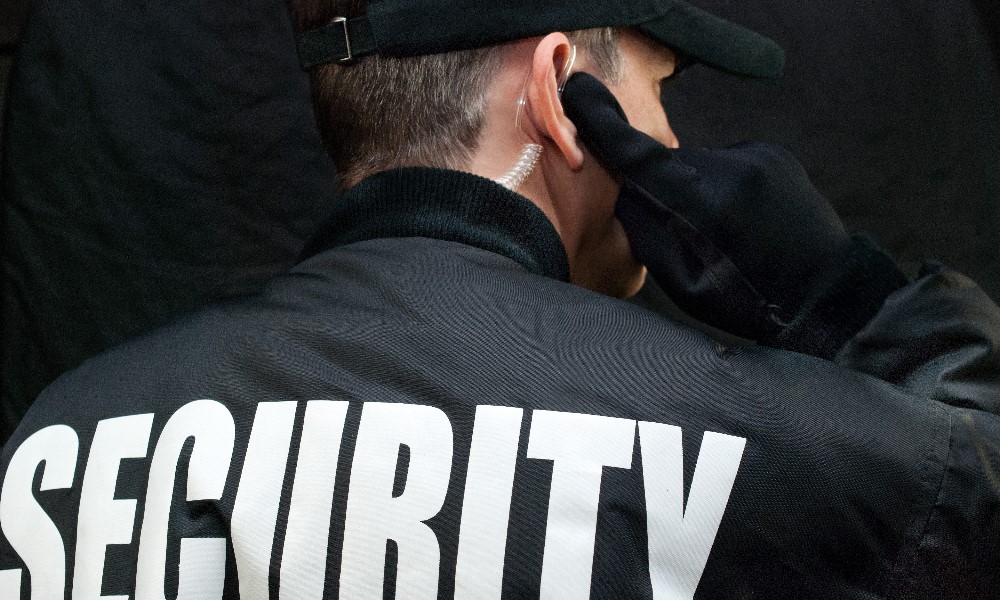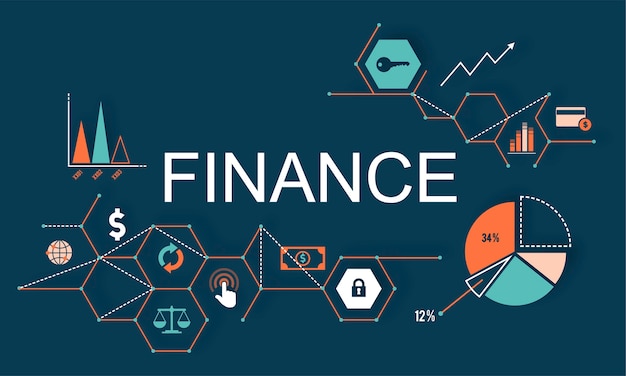Security guards are the first line of defense for a bank. They are the first to respond to an incident and prevent further damage. Banks use security guards in different roles such as cashier, teller, and security guard.
The role of a security guard is not just limited to what they do on the job. It also includes other duties like training and educating employees on how to be more vigilant about their surroundings.
Security guards have been around for many years now, but they have only recently been given more responsibilities in the workplace due to the rise of technology that has made them more efficient than before.
What are the Roles of Security Guards in Bank Security?
Security guards in banks are responsible for protecting the bank from robberies and other crimes. It is important that they have extensive training and experience as well as proper equipment to carry out their duties.
In order to protect the bank, security guards need to be equipped with defensive weapons like pepper spray, batons, 300 blackout ammo, handcuffs and tasers. They also need the ability to communicate effectively with people outside of the bank.
How a Security Guard Can Keep Your Bank Safe
A security guard is responsible for the protection of a business or property. They are in charge of monitoring and securing the perimeter of a property, as well as preventing and responding to incidents that may occur.
According to the Bureau of Labor Statistics, there are more than 1.5 million security guards employed in America today. While there are many different types of jobs within this field, one type that is constantly on demand is the security guard position at banks.
A security guard at a bank must be able to protect the assets, maintain safety and order, prevent crime, and respond to any incidents that may arise.
A Brief History of Banks and Their Role in Society
Banks have been around for centuries and have played a crucial role in society. They are the financial institutions that help people to take out loans, save their money, and invest in various other products.
Banks have had many roles throughout history. Their main purpose has always been to provide financial services to the people of a region or country. However, as time has passed by and technology has become more advanced, banks have adapted their services to meet the needs of consumers in different ways.
The role of banks has changed over time because they are now meeting the needs of consumers through various channels such as digital banking, mobile banking apps, and online banking portals.
Role of a Security Guard Today in Banks
Banks are a place where people come to save their money. They are also a place where people can be robbed. Thus, banks need security guards to provide protection for their customers and the bank’s assets.
Security guards play an important role in banks today. They are responsible for protecting the bank’s assets and customers as well as deterring any potential robberies from happening. Security guards also help in identifying any suspicious activities that may happen inside or outside of the bank, such as someone casing the place or trying to rob it.
What is a Typical Role for a Security Guard at an ATM or Cash Dispenser?
Security guards at ATMs and cash dispensers are responsible for keeping the area secure and safe. They also provide assistance to customers who need help with a transaction.
Conclusion: What Kinds of Jobs Do A Security Guard Have?
Security guards are not just the people who stand in front of buildings, they are also the ones who protect our society. They work in a variety of fields and have many different jobs.
Conclusion: Security guards have many different jobs, but they all share one thing in common – their essential role is to protect people and property.
Security guards are typically employed by companies for protection. However, there are also other types of security guard jobs that can be found outside of the company setting. These include security guard services for events such as concerts and sporting events, law enforcement positions at airports or military bases, and private security guard services for individuals or businesses.




